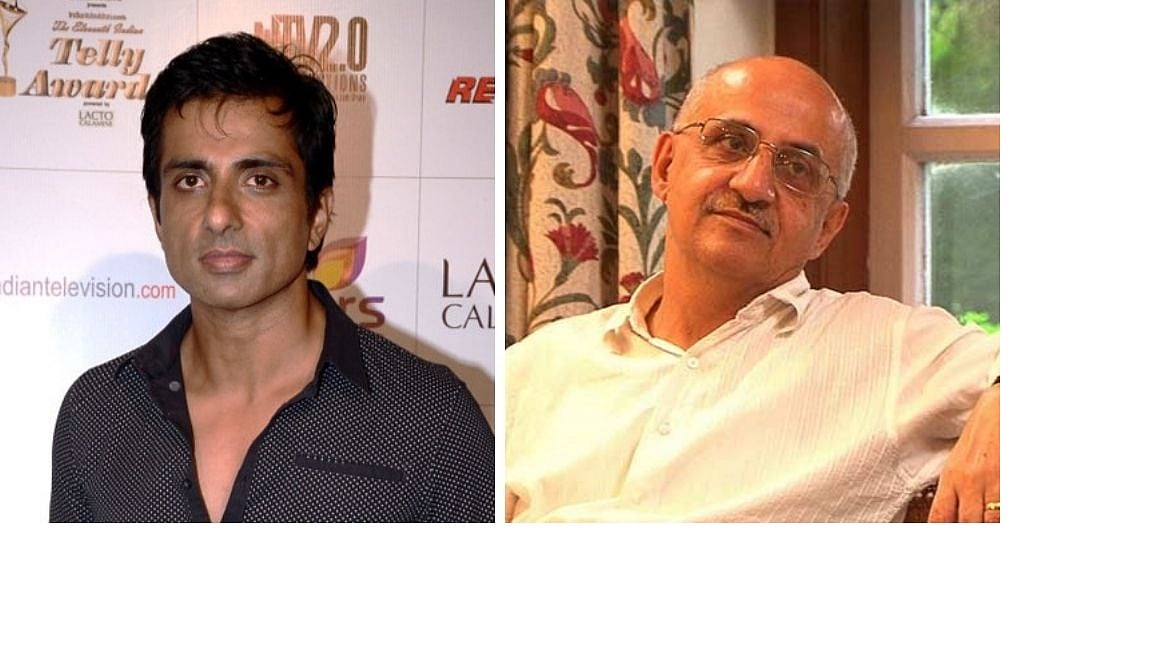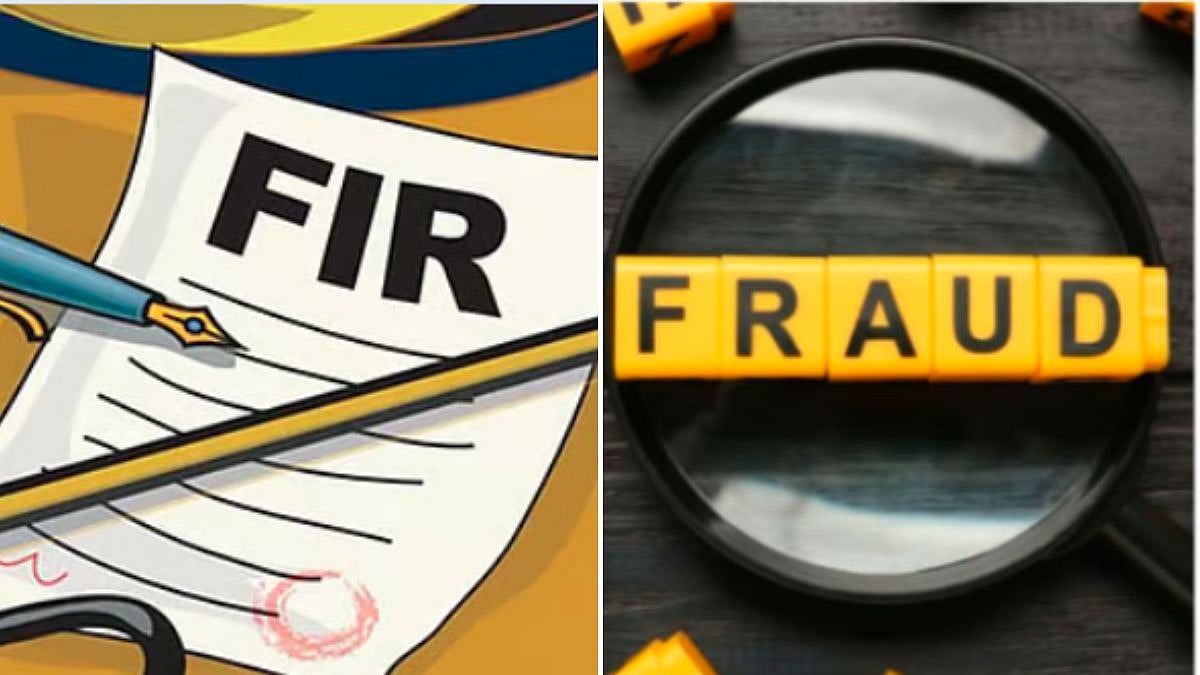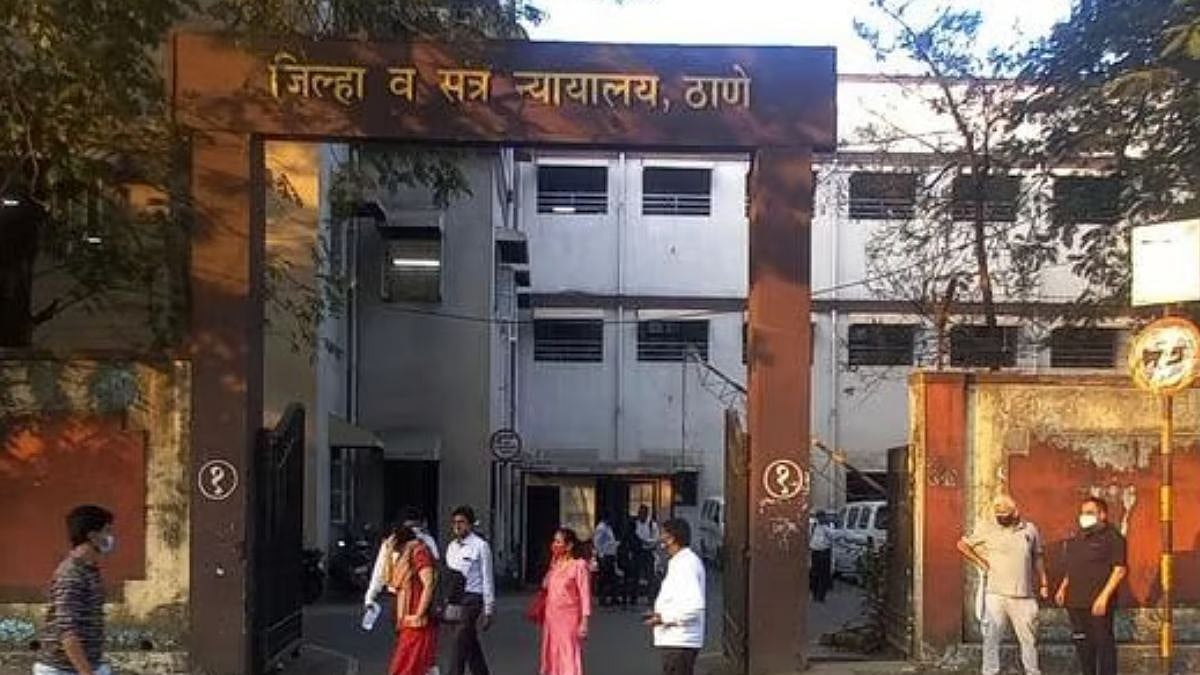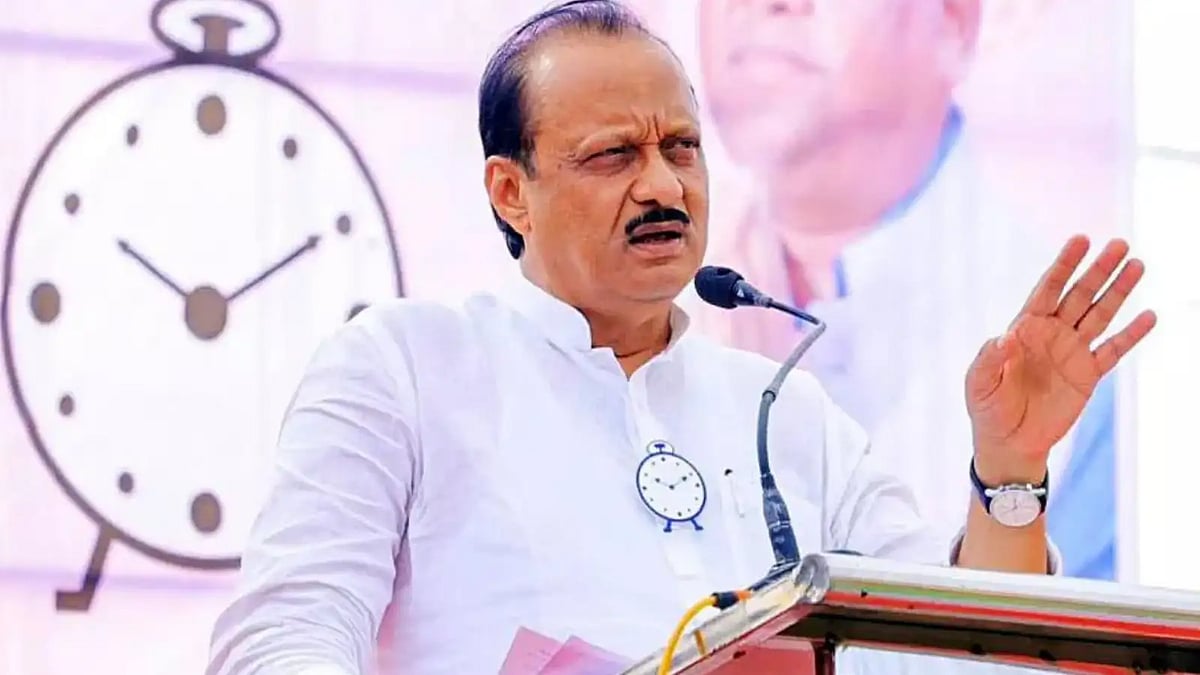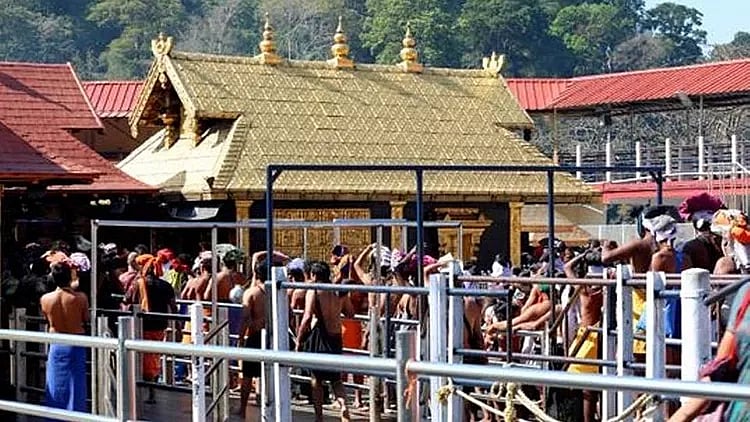The latest round of raids on actor and social worker Sonu Sood and human rights activist Harsh Mander by Central agencies may or may not achieve their stated purpose – of unearthing undeclared income in Sood’s case and alleged money laundering in Mander’s case – but will certainly serve to deepen the impression that investigative arms of the government are now merely tools of the ruling Bharatiya Janata Party, to be used – or rather, misused – at will to suppress dissent and silence criticism, as well as cow down political opponents into submission.
Actor Sonu Sood’s premises in Mumbai and a Lucknow-based real estate company, which was involved in a deal with him, were raided by income tax officials on Wednesday, with the probe being widened to multiple locations over the following days. While the income-tax department has claimed that the raids pertain to alleged irregularities in a real estate deal, the fact that the raids were launched a day after Sood met with the BJP’s bete noire in Delhi, Aam Aadmi Party chief Arvind Kejriwal and was appointed AAP’s ‘brand ambassador’, leaves one in little doubt as to the political signalling sought to be achieved with the raids.
Similarly, the Enforcement Directorate (ED) on Thursday conducted searches at premises linked to human rights activist and retired IAS officer Harsh Mander here in connection with an alleged money-laundering investigation. The 66-year-old Mander has authored several books on social justice and is a trenchant critic of the ruling dispensation. “The current raids by the ED and the IT department are to be viewed in this context, as part of a continuing chain of abuse of state institutions to threaten, intimidate and try to silence every critic of the present government,” a statement signed by more than 500 intellectuals and activists said.
While every government in the past has used its powerful police, tax and other investigative agencies against its opponents, the systematic use of state machinery against political opponents and critics has hit a new high after the Narendra Modi-led BJP government first came to power in 2014. The trend has accelerated in the party’s second term. In the run-up to polls in Andhra Pradesh and Telangana in 2019, for instance, as many as 16 opposition leaders were raided by tax authorities, while only one BJP leader was investigated.
Income-tax officials raided the properties of DMK chief M K Stalin’s daughter Senthamarai and her husband Sabareesan in Chennai on April 2 this year, just four days ahead of assembly polls in Tamil Nadu. The very next day, on April 3, 2021, the Enforcement Directorate (ED) said it had attached assets worth Rs 3 crore of Trinamool Congress (TMC) spokesperson Kunal Ghosh, TMC Lok Sabha MPs Satabdi Roy and Debjani Mukherjee in the Saradha chit fund case, in poll-bound West Bengal. In Karnataka, several prominent Congress leaders were raided, shortly before the BJP engineered several defections and toppled the Congress government.
These raids were not isolated incidents. In the current month alone, for instance, the Editors Guild of India was forced to condemn raids on news websites Newsclick and Newslaundry. “The dangerous trend of government agencies harassing and intimidating independent media must stop as it undermines our constitutional democracy. In July 2021, Income Tax raids were conducted at the offices of country’s leading newspaper Dainik Bhaskar, as well as a Lucknow based news channel, Bharat Samachar. These raids were conducted against the backdrop of some very critical coverage by both the news organisations on government’s handling of the pandemic,” the EGI statement has noted.
The present dispensation has tended to ignore all such criticism of its actions, going so far as to dub them anti-national. But such blatant misuse of Central agencies – it must be noted that most such high-profile ‘probes’ have tended to die down after the immediate political cause was over, and these agencies have failed to establish their case in only a handful of instances in a court of law – is a disservice to democracy.
It also destroys the independence of institutions like the income-tax department, the police, the Enforcement Directorate, the Central Bureau of Investigation, and others, many of which have been given statutory protection and autonomous status under the Constitution precisely so that they can discharge their duties without fear or favour.
As the Delhi High Court noted recently while giving bail to student protesters charged with terrorist activity, “the state in its anxiety to suppress dissent has blurred the line between the constitutionally guaranteed ‘right to protest’ and ‘terrorist activity’”. Equally, the officials in these institutions must also remember that they are covenanted to protect the provisions of the Constitution first and foremost, for which purpose they have been afforded protections like security of tenure and insulation from prosecution. By allowing their institutions to be converted to the whip hand of the party in power, they do themselves, their institutions and the cause of democracy grave disservice.
